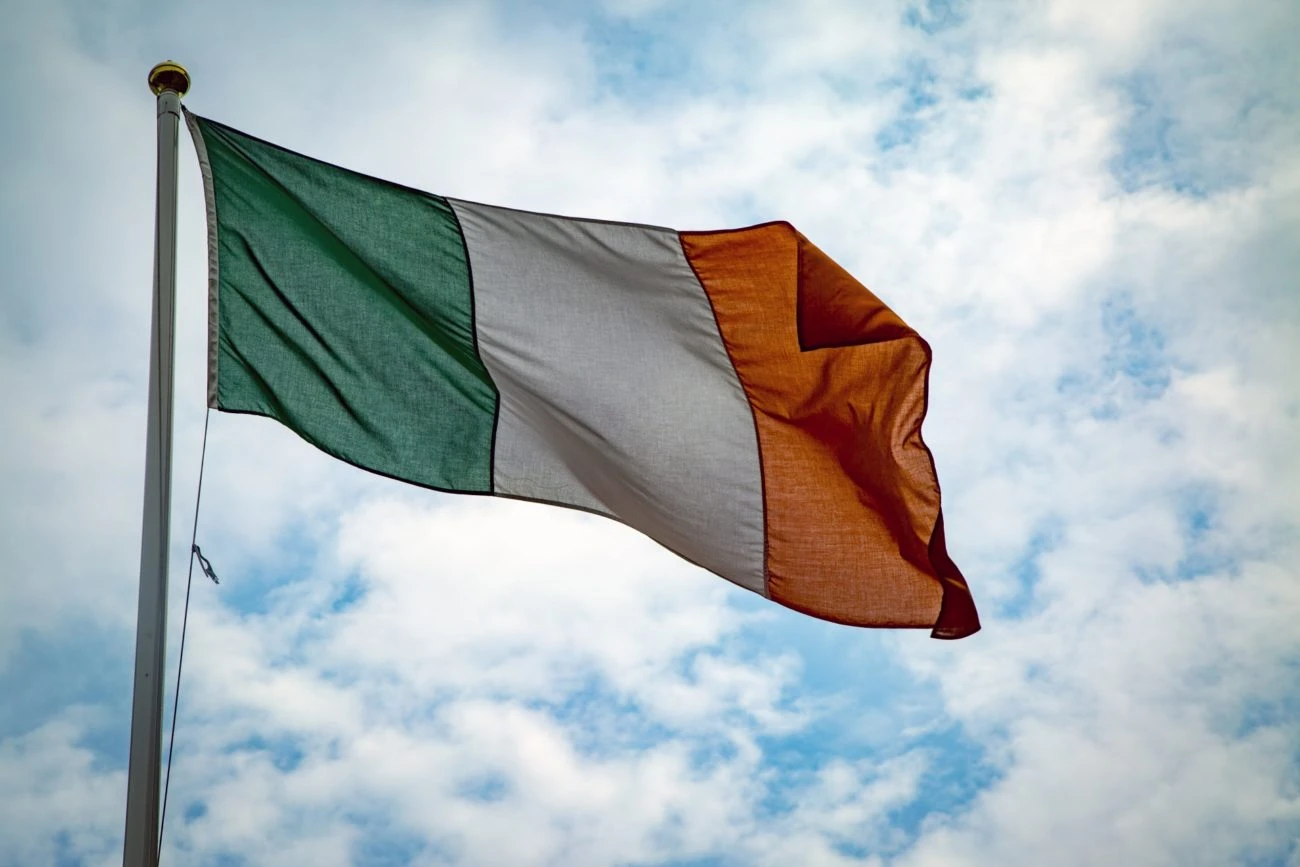Report flags concerns about underage gambling in Ireland

“Children and gambling – evidence to inform regulation and responses in Ireland” presents data from Irish secondary school students. Published by the Institute of Public Health (IPH) and TobaccoFree Research Institute Ireland (TFRI), it includes responses from 1,949 students.
Irish law states people must be at least 18 in order to legally gamble.
The core finding was that 22.9% of 16-year-olds surveyed had gambled for money at some point in the last 12 months. The rate was higher among boys at 28.2%, compared to girls at 17.9%.
Sports betting proved the most popular form of gambling at 60.7%. Next was lotteries at 51.8%, then cards or dice at 41.3% and slot machines with 36.9%.
Underage excessive gambling an issue in Ireland
Of those that gambled, 10.3% experienced excessive gambling, while 5.6% met criteria for problem gambling. The criteria included having to lie about how much had been spent on gambling and if they felt a need to bet more money.
The report also found 21.3% had trouble with controlling their gambling. Some 19.0% felt the need to bet more money and 8.1% lied to important people about gambling spend.
Another key finding was that boys proved to be more at risk of gambling harm than girls. Of those that experienced excessive gambling, 80% were boys.
Excessive gambling was around three times more common among boys than girls. It was also noted that problem gambling was over two and a half times more common among boys than girls.
IPH calls for public health approach to address issues
IPH director of policy, Dr Helen McAvoy, said the report highlights the need for intervention to protect youngsters from harm.
“This report shows that when 16-year-olds in Ireland engage in gambling, quite a few of them run into difficulty,” McAvoy said. “This is particularly the case for betting on sports and betting online and for boys.
“Gambling rates among this age group in Ireland are around the European average, highlighting the need for a public health approach to reduce gambling harms.”
IPH public health development officer, Dr Ciara Reynolds, added: “We hope the report findings will help to inform ongoing gambling reform in Ireland. The report highlights the need for further research on children and gambling in national surveys to build on our evidence and produce more focussed approaches to protect children from gambling-related harm.”
Minister concerned over “deeply troubling” findings
Minister for State with responsibility for law reform and youth justice, James Browne, also spoke out about the report. He said the findings made for “deeply troubling” reading and called on such issues to be addressed.
“The findings of this report are deeply troubling and serve to highlight why we, as a society, must protect children and vulnerable citizens from the harms associated with gambling,” Browne said.
“Reforming gambling legislation and regulation in Ireland is a key commitment in our Programme for Government and Justice Plan and has been one of my priorities as minister.
“At its core, the Gambling Regulation Bill is a public health measure. A key focus of the bill is to protect children from the widespread proliferation of gambling advertising across different forms of media.
“I expect that the Gambling Regulation Bill 2022 will complete its journey through the Oireachtas early next year, subject to the cooperation of both Houses.”
